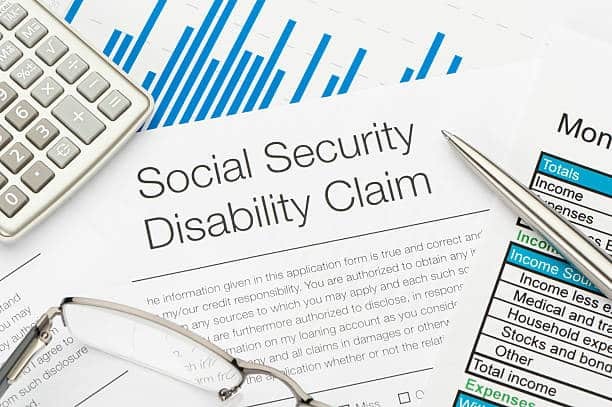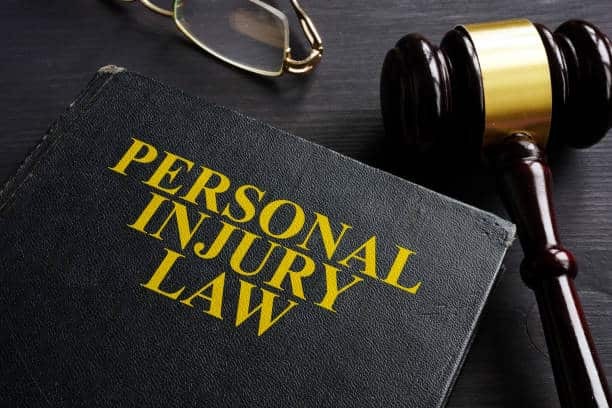Introduction
Welcome to our comprehensive "A to Z Guide" to understanding legal jargon - specifically focused on personal injury law. This guide is designed to assist you in navigating the intricate lexicon often encountered when dealing with personal injury cases. Here you will find simple explanations for complex terms and phrases. Let's delve into this world of legal terminology. And remember, Badnell & Dick is always here to help you with any cases!Accident v Negligence
At the core of personal injury law are two concepts - accidents and negligence. An accident is a sudden event that causes damage or injury which is not intended, while negligence refers to careless conduct that causes an accident. A clear understanding of these terms will ease your journey through personal injury law.
Burden of Proof
Burden of proof is a central concept in personal injury law. It refers to the obligation on a party to provide sufficient evidence to prove their claims in a lawsuit. The party that bears the burden of proof must convince the judge or jury that their version of events is true.
Causation and Damages
Causation and damages go hand in hand in personal injury law. Causation involves proving that the defendant's negligent actions directly led to the injury. Damages refer to monetary compensation awarded to an injured party to cover physical, emotional, and financial suffering caused by injury.
Elements of a Personal Injury Claim
At the heart of a personal injury claim lie four elements - Duty, Breach, Causation, and Damages. Simply put, it means the defendant had a duty of care towards the plaintiff, they breached that duty, this breach led to the injury, and the plaintiff suffered damages as a result.
Fault and Liability
Fault is a legal term used to point out an individual's responsibility in an injury-causing incident. Liability, on the other hand, is a broader term that refers to the legal obligation to compensate for the damages caused by one's negligence.
Gross Negligence
Gross negligence is a severe form of carelessness. It's conduct that involves a high degree of recklessness or a willful disregard for safety. This term frequently appears in personal injury cases involving serious accidents.
Insurance Adjuster
An insurance adjuster is a representative of an insurance company responsible for investigating an insurance claim. They decide how much an insurance company should pay in a personal injury case.
Joint and Several Liability
Joint and several liabilities mean that if more than one person is held responsible for an accident, each person can be held fully responsible for all of the damages. This means that if one person cannot pay, the other party might have to cover the full amount.
Knowledge and Notice
In personal injury law, knowledge and notice refer to two related but distinct aspects. Knowledge refers to the defendant's awareness of the risky conditions that led to an accident. Notice, on the other hand, refers to whether the defendant was formally alerted about these dangerous conditions.
Lawsuit and Litigation
A lawsuit is a legal action taken by an individual or group against another in the court of law, usually aiming to obtain money or property. Litigation is the process of resolving disputes by filing or answering a complaint through the court system.
Motion to Dismiss
A motion to dismiss is a request by one party in a lawsuit for the court to dismiss some or all of the proceedings.
Negligence Per Se
Negligence per se is a concept meaning that an act is considered negligent because it violates a statute (i.e., a law or regulation).
Out-of-Court Settlement
An out-of-court settlement is a resolution between disputing parties about a legal case, reached either before or after court action begins.
Personal Injury
Personal injury refers to a physical, mental, or emotional injury sustained by an individual. It includes damages from accidents, medical malpractice, or defective products.
Questions of Fact and Law
Questions of fact are decided on by juries or judges in non-jury trials, based on the evidence presented, while questions of law are determined by a judge, who applies the relevant and appropriate laws to the case.
Res Ipsa Loquitur
Res ipsa loquitur is a Latin phrase that translates to "the thing speaks for itself." In personal injury law, it refers to cases where negligence is assumed since the accident wouldn't have occurred without someone's negligence.
Statute of Limitations
Statute of limitations refers to the timeframe during which legal actions can be taken. Each state has specific time limits for different types of cases.
Tort Law
Tort law addresses issues in which a defendant's actions result in an injury to another individual. It aims to protect people from wrongful acts of others.
Unintentional Tort
An unintentional tort refers to an infringement where the person who caused the accident didn't intend to harm anyone but acted negligently.
Vicarious Liability
Vicarious liability is the responsibility of any third party that had the right, ability, or duty to control the activities of a violator.
Wrongful Death
Wrongful death in personal injury law refers to a lawsuit that alleges that the victim was killed as a consequence of negligence or misconduct of another.
Conclusion
Mastering personal injury law's legal jargon is far from a simple task, but armed with this A to Z guide, you now possess the basic vocabulary required to navigate these legal waters. A better understanding of these terms will help you communicate effectively with your lawyer and contribute to a more positive outcome for your claim. Remember that understanding is the first step to empowerment.




